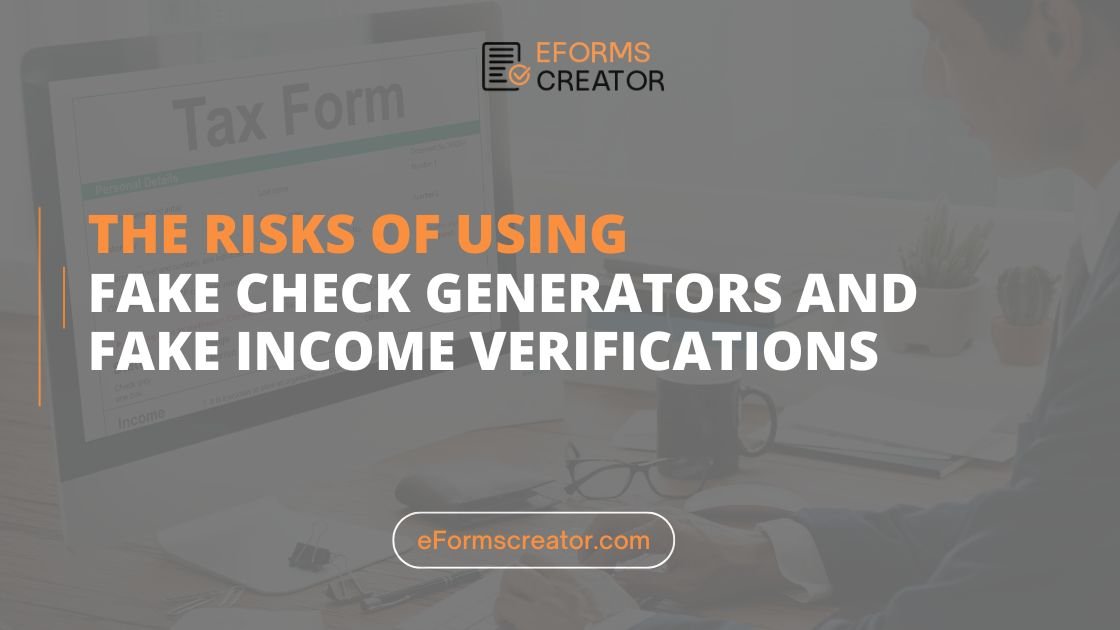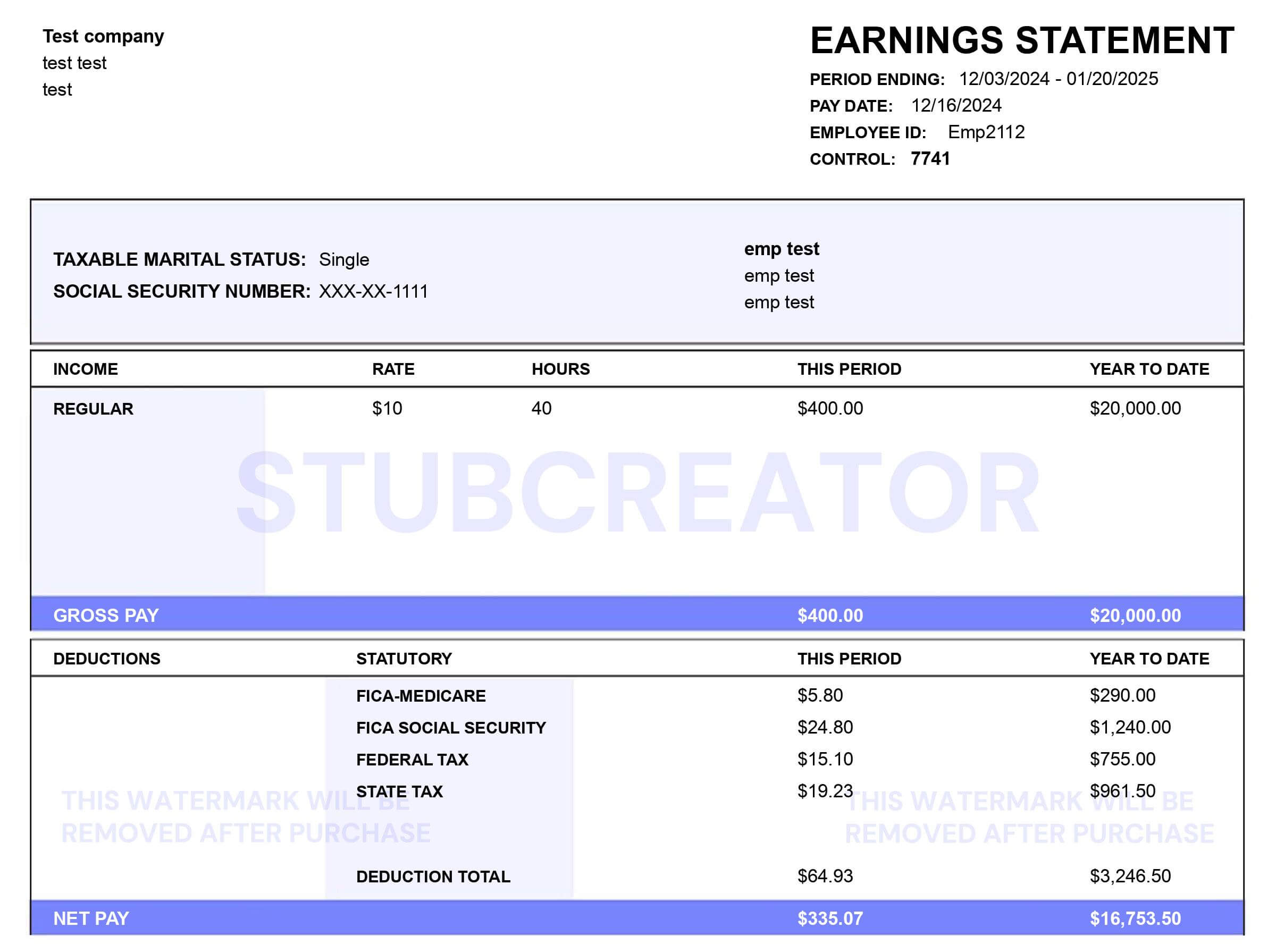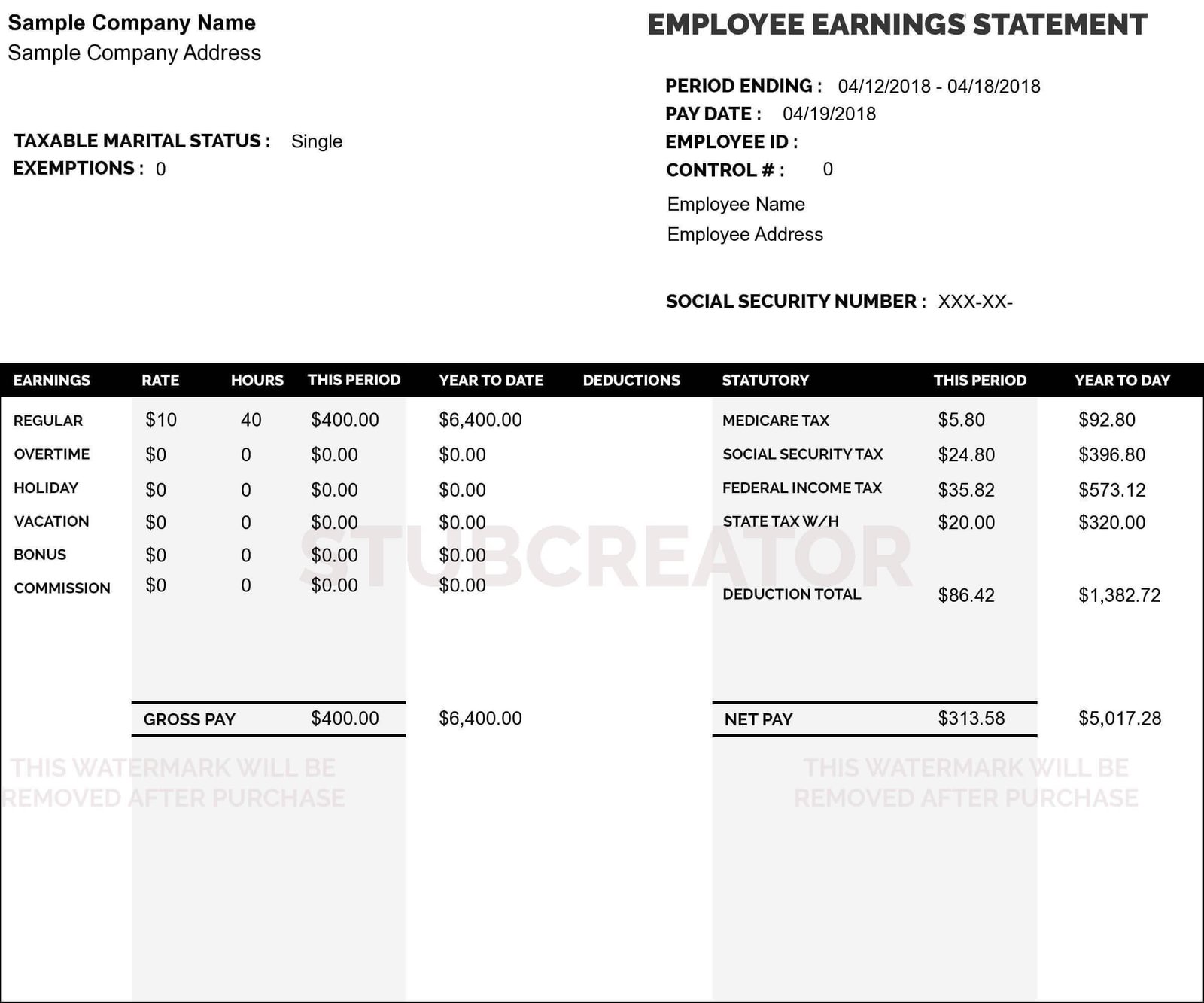Finding a place to live can be stressful. The competition is fierce, especially in popular cities, and landlords often ask for much documentation. This might include proof of income, credit checks, and employment verification. For some people, these requirements can be a huge obstacle. Taking shortcuts like fake check generators, fake pay stubs, or fake income verification for apartment. While it might seem like an easy way to get around a tough situation, using a fake document is risky and can have serious consequences.
In this blog, we’ll dive deep into why people consider using fake documents, the methods used, the risks involved, and the potential consequences. We’ll also look at the legal and ethical implications and suggest better, legitimate alternatives.
Why Do People Consider Using Fake Documents?
Financial Pressure
Living in desirable areas is often expensive. High rent prices can make it difficult for people with lower incomes or financial struggles to secure an apartment. This financial pressure can push some individuals to consider dishonest methods to make their application more appealing.
Lack of Stable Employment
In today’s gig economy, not everyone has a traditional 9-to-5 job. Freelancers, contractors, and self-employed individuals might struggle to provide standard proof of income. This can make it hard for them to meet the requirements set by landlords.
Poor Credit History
A bad credit score can be a significant barrier. Even if someone is financially responsible now, past mistakes can haunt them. To get around this, some might resort to using fake documents to hide their credit history.
Competitive Rental Markets
In highly competitive rental markets, landlords can be very selective. They might receive dozens of applications for a single apartment. To stand out, some people might feel pressured to exaggerate their financial situation.
Common Methods of Creating Fake Documents
Fake Check Generators
A fake check generator is a tool that creates realistic-looking checks. These can be used to show fake payments from an employer, suggesting that the applicant has a steady income. These generators allow users to input their information, such as name, address, and amount, and produce a check that looks authentic.
Fake Pay Stubs
Another popular method involves using a paystub generator. These websites and software allow users to create pay stubs with fake information. Users can input details like their employer’s name, income, and pay period, resulting in a professional-looking document that appears legitimate.
Fake Income Verification
Fake income verification involves creating documents or using services that falsely confirm an applicant’s income. This might include falsified letters from employers, fake bank statements, or bogus tax returns. Some people even pay companies that specialize in producing these documents.
The Risks of Using Fake Documents
Legal Consequences
Using fake documents is illegal. It constitutes fraud, and if caught, individuals can face serious legal repercussions. This can include fines, community service, or even jail time. Additionally, it can lead to a permanent criminal record, making it even harder to find housing or employment in the future.
Eviction
If a landlord discovers that a tenant used fake documents to secure an apartment, they have grounds to evict the tenant. This can result in the loss of a home and the associated stress and costs of moving.
Damage to Reputation
Getting caught using fake documents can damage an individual’s reputation. It can harm relationships with landlords, employers, and even friends and family. Once trust is broken, it can be challenging to rebuild.
Financial Penalties
Landlords can sue tenants who used fraudulent documents to secure a lease. This can result in financial penalties, including covering the landlord’s legal fees and compensating them for any losses incurred.
Long-term Consequences
A criminal record for fraud, such as using a paycheck stub generator to create fake income documents, can have long-term consequences. It can negatively affect future housing opportunities, job prospects, and even the ability to obtain loans or credit.
Related Article: Understanding DG Paystubs
Ethical Considerations
Honesty and Integrity
Using fake documents is dishonest. It involves lying and deceit, which can weigh heavily on a person’s conscience. Maintaining honesty and integrity is important for personal growth and building trust with others.
Impact on Others
Using fake documents can also impact others. For example, if a tenant is evicted, the landlord has to go through the hassle of finding a new tenant. It can also make it harder for honest applicants to find housing, as landlords might become more suspicious and stringent with their requirements.
Contribution to a Larger Problem
By using fake documents, individuals contribute to a larger problem of fraud and deceit in the rental market. This can lead to increased scrutiny and stricter requirements for everyone, making it harder for honest applicants to secure housing.
Alternatives to Using Fake Documents
Improve Financial Situation
One of the best ways to secure an apartment is to improve your financial situation. This might involve finding a better-paying job, reducing expenses, or improving your credit score. While it might take time, it’s a legitimate and sustainable solution.
Seek Help
There are organizations and programs that can help individuals find affordable housing. This might include government assistance, non-profits, or community organizations. Seeking help can provide support and resources to find a suitable home.
Be Honest
Honesty is always the best policy. If you have financial struggles or a poor credit history, be upfront with the landlord. Explain your situation and provide additional documentation or references that demonstrate your reliability. Some landlords might be willing to work with you.
Offer a Larger Security Deposit
If you have the means, offering a larger security deposit can demonstrate your commitment and reliability to the landlord. This can provide them with extra assurance and make your application more appealing.
Find a Co-signer
Having a co-signer with a strong financial background can help secure an apartment. The co-signer agrees to take responsibility for the rent if you are unable to pay, providing the landlord with additional security.
Look for Flexible Landlords
Some landlords might be more flexible with their requirements. Look for landlords who are willing to consider alternative proof of income, such as bank statements or freelance contracts. This can make it easier to meet their criteria.
Explore Alternative Housing Options
Consider alternative housing options, such as shared housing, subletting, or living with family or friends temporarily. This can provide a stable place to live while you work on improving your financial situation.
Conclusion
While the temptation to use fake check generators, fake pay stubs, or fake income verifications might be strong, it’s important to consider the risks and consequences. Using fake documents is illegal, unethical, and can lead to serious repercussions. Instead, focus on legitimate and sustainable solutions to improve your financial situation and secure housing.
By maintaining honesty and integrity, seeking help, and exploring alternative options, you can find a suitable home without resorting to deceit. Remember, the short-term gain of using fake documents is not worth the long-term consequences. Make the right choice and build a better future for yourself and your loved ones.












